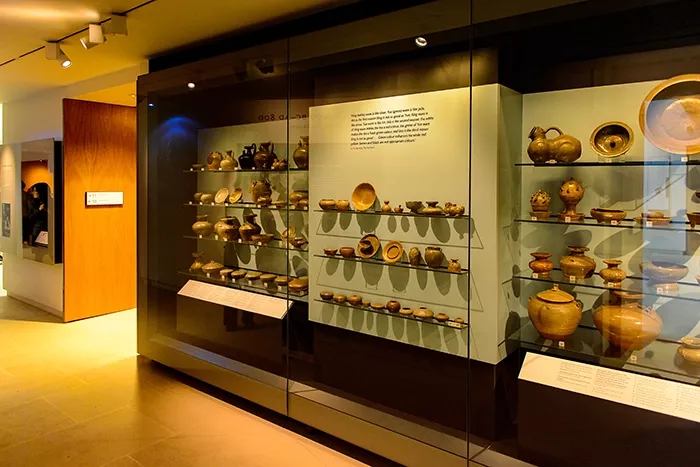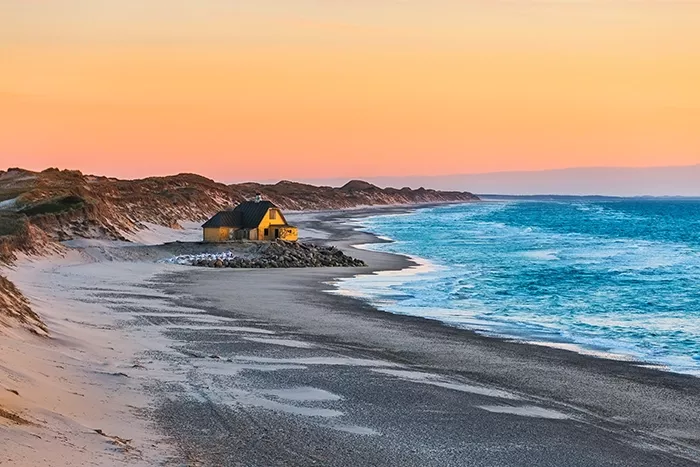The UK’s Research Infrastructure for Conservation and Heritage Science (RICHeS) team recently had the pleasure of visiting the University of Oxford, to meet with the team leading the Oxford Collaboration in Heritage Science Research and Engagement (OCHRE) project. Funded through the RICHeS infrastructure programme, OCHRE is led by Professor Heather Viles and is designed to enhance Oxford’s existing world-class capabilities in heritage and conservation science.
News
Associate Professorship in Physical Geography (Biodiversity and Climate Change) in association with St Anne’s College
The School of Geography and the Environment, in association with St Anne’s College, invites applications for a full-time Associate Professorship in Physical Geography, with a focus on biodiversity and climate change. The position is available from 1 September 2025, or at an earlier or later date by negotiation, and will be held in conjunction with a Tutorial Fellowship at St Anne’s College.
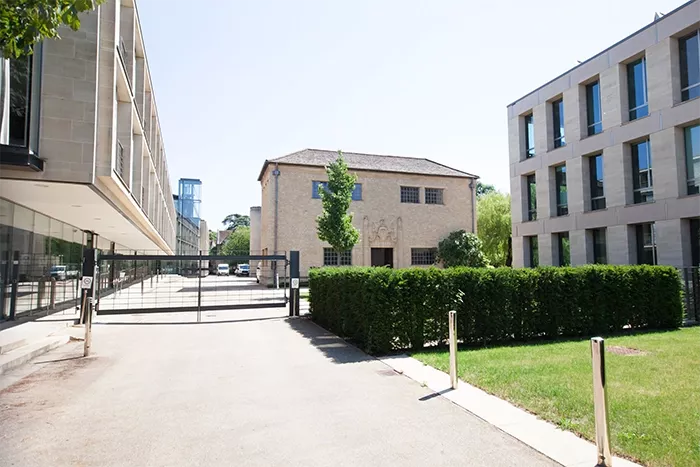
I wept and wept as I watched the Syrian regime fall. At last, I have a home again
There will be perilous days to come and the future is uncertain, but around the world we Syrians are celebrating - Dr Ammar Azzouz writes for The Guardian.

Climate change doubles frequency of concurrent drought and heatwave events in low-income regions
A study published in Communications Earth & Environment, led by Dr Boen Zhang, Post-Doctoral Research Associate in the School of Geography and the Environment, has revealed that human-induced climate change has significantly increased the frequency of compound drought and heatwave events in low-income regions. These simultaneous extreme weather phenomena, which amplify risks to ecosystems, agriculture, and human health, are occurring twice as often as they did in the late-20th century. Alarmingly, the acceleration of these events is disproportionately affecting low-income regions, underscoring the urgent need for equitable climate action.

Syrians are torn between fear and hope as the frontlines rapidly shift
The lightning-fast capture, by Syrian rebels, of large swaths of northern Syria, including the war-torn country’s second-largest city, Aleppo, and the strategically important city of Hama further south, is a body blow for the regime of Bashar al-Assad - Dr Ammar Azzouz writes for The Conversation.
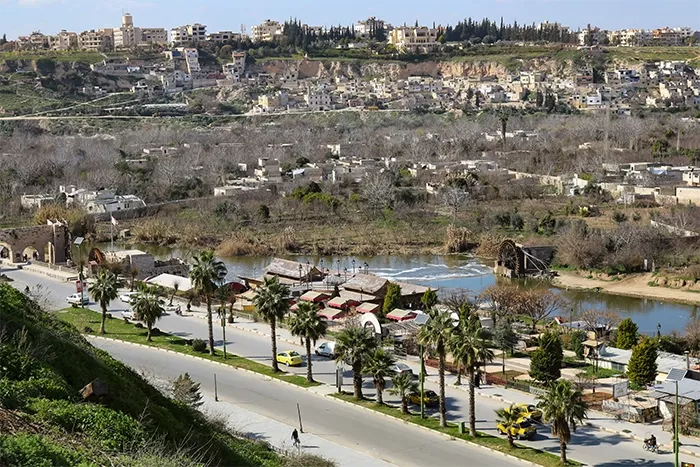
Dr Kevin Grecksch receives seed funding from The British Academy in partnership with the Alexander von Humboldt Foundation
Dr Kevin Grecksch and Dr Stefan Knauß, Martin Luther University Halle-Wittenberg, have received seed funding from The British Academy in partnership with the Alexander von Humboldt Foundation to explore creative interventions for social and environmental crises.
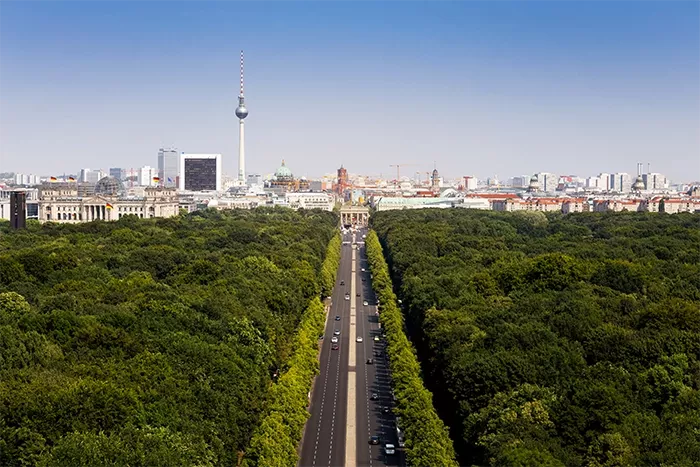
Beans and peas best meat alternative, veggie burgers second, lab-grown meat worst, according to new ECI research
Beans and peas rank best as meat and milk replacement from nutritional, health, environmental, and cost perspectives, a new study published in the journal Proceedings of the National Academy of Sciences (PNAS) has found. They outperformed processed products like veggie burgers and plant milks, but also lab-grown meat which ranked worst.

Five easy ways to make your online shopping more sustainable this festive season
Throughout the holiday season, the urgent need for sustainable consumption is clear. Some 300,000 tonnes of clothing and 471 million small electrical everyday items end up in household waste in the UK in a year, with the number of unwanted items increasing significantly just after Black Friday. The current trend of overconsumption is fuelling climate change, nature loss and pollution. Felippa Amanta, DPhil student, explores how to shop more sustainably this festive season in an article for The Conversation.

COP29: Indigenous communities still being sold short as the world decides how to regulate carbon markets
Dr Stephen Lezak, Programme Manager for the Oxford Programme on the Sustainable Future of Capital-Intensive Industries at the Smith School, explores how indigenous communities still being sold short as the world decides how to regulate carbon markets in an article in The Conversation.

Redefining net zero will not stop global warming, new study shows
In a new study led by the University of Oxford’s Department of Physics, an international group of researchers including Prof Myles Allen and Dr Stuart Jenkins from SoGE/ECI, who developed the science behind net zero demonstrate that relying on ‘natural carbon sinks’ like forests and oceans to offset ongoing CO2 emissions from fossil fuel use will not actually stop global warming. The findings have been published in Nature.
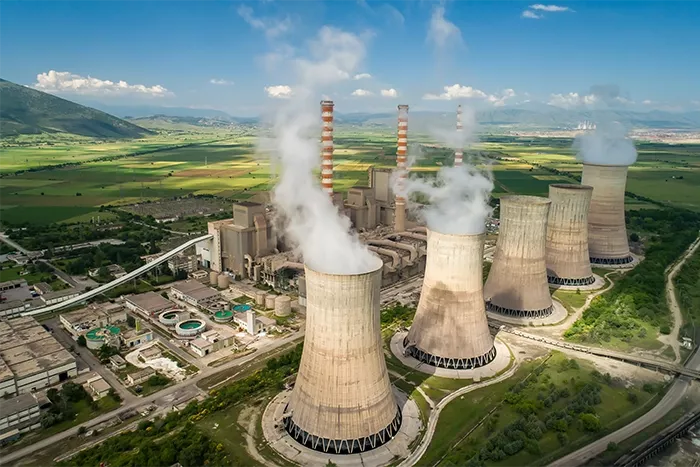
New Oxford-led initiative launches to train future leaders in life and environmental sciences
The University of Oxford, in partnership with five leading institutions, has launched the Interdisciplinary Life and Environmental Science Landscape Award (ILESLA). This ambitious doctoral training programme will prepare a new generation of creative, collaborative, and entrepreneurial researchers who are equipped to meet the complex, cross-disciplinary challenges the world faces. The new programme is part of a major £500 million investment in doctoral training announced this week by UK Research and Innovation (UKRI).



